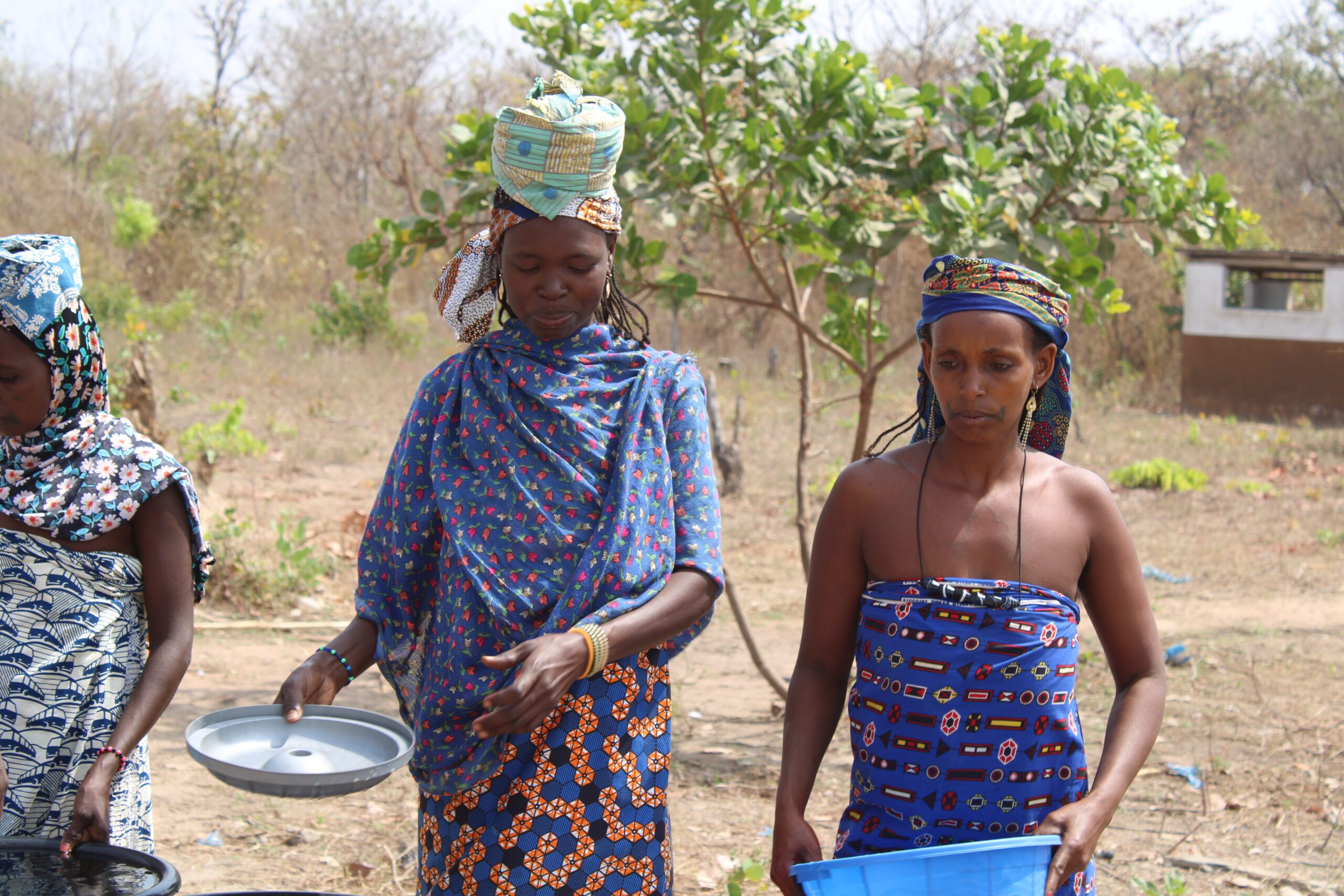On May 28 each year , International Menstrual Hygiene Day is celebrated. While in Burundi thousands of girls and women encounter difficulties in experiencing their periods with dignity, our colleague Franck Arnaud Ndorukwigira is campaigning for the removal of economic and cultural barriers to fight against menstrual poverty.
The reality is deplorable. Between 2021-2022 , 7,504 girls out of 27,937 were absent from school due to their menstruation due to lack of sanitary napkins and lack of infrastructure suitable for intimate and dignified management of menstrual hygiene.
This lack of sanitary napkins is due to the fact that sanitary napkins are considered a luxury product and are taxed at 18 percent, which constitutes an economic barrier to the good management of menstrual hygiene for many Burundian girls and women. In 2017, they were estimated that 31.6 percent of Burundian women still used old pieces of loincloth, leaves, or even rags as sanitary napkins.
Beyond the economic aspects, menstruation is still taboo in Burundi. Due to our cultural traditions, families will keep girls and women apart when they are menstruating. Considered dirty, women and girls will be asked during their periods to isolate themselves because they are considered impure, or not to participate in daily activities, such as milking the cow.
Indecent taxation
According to economist Kelvin Ndihokubwayo , taxation has three main roles. A financial role to finance public action, an economic role to encourage or discourage a particular behavior or sector, and a social role to help those in need. From this explanation, taxation on hygienic products for feminine use is unjustified. It makes no social sense, because it affects miserable women while at the same time, members of parliament and government are allowed to import vehicles exempt from customs duties. What sense of social justice is there in further favoring those who already are? What can we aim to do by discouraging the purchase of essential sanitary products for women? If state money is what is needed, the government is certainly not knocking on the right door.
Let’s break down the rules
Given this unfair taxation, this menstrual insecurity and its impact on national development, the zero-rating of sanitary napkins would be beneficial in more than one way. A Spanish study on taxation and gender equality issues showed that VAT applied to sanitary napkins is gender-based violence. “With this tax, it is an attack on women as a social group which targets basic necessities which they cannot give up and which are directly linked to their health”, confides the study.
In another South African study , a group of experts analyzed whether sanitary napkins and tampons should be among the items subject to zero percent VAT, and whether such a measure could lead to a reduction in period-related poverty. The analysis concluded “that a rate of zero percent had an impact on improving the access of women and girls to these products in low-income households, and in turn to the national economy”. This group of experts therefore recommended that these products not only benefit from a zero percent VAT rate, but that they also be accessible free of charge for women in this income bracket.
No more barriers
As solutions, firstly, we must raise awareness in our communities to make them understand that menstruation is a physiological phenomenon of the female body without any signature of curse or impurity. Second, a tax reduction on hygienic products would help to bring down the price and make these products more accessible for greater human dignity and greater equality between men and women. Third, these products should be recognized as health products that can be reimbursed by the healthcare and insurance system or even delivered free of charge.
The article was written and first appeared in the Centre for Development Great Lakes, a research organization focusing on public policy reform for a free and prosperous Burundi.
Photo by Chams Dine via Iwaria.

